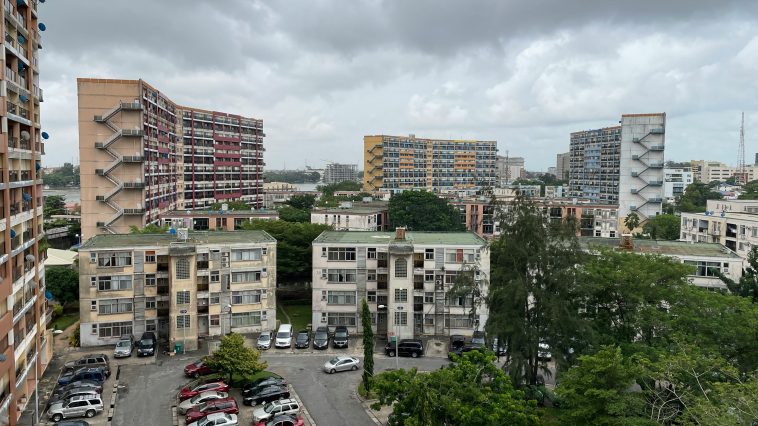The first half of 2024 saw significant geographical shifts in the landscape of venture capital investment across Africa. With a total funding of $393 million and only 119 deals, the region experienced the lowest H1 funding since 2019, marking a 57% year-on-year (YoY) decline. This downturn was notably more severe compared to other emerging venture markets like MENA and Southeast Asia, highlighting Africa’s vulnerability to global economic uncertainties.
Nigeria emerged as the most funded country in H1 2024, primarily because of a $100 million mega deal secured by Moove Africa, a Nigerian-based FinTech startup. This single transaction accounted for a substantial portion of the country’s total funding, emphasizing the significant role that mega deals play in shaping funding landscapes. Without this mega deal, Nigeria would have ranked fourth, highlighting a sharp 77% YoY drop in funding compared to H1 2023. This underscores the dependency on large-scale transactions to drive funding figures, a trend that could pose sustainability challenges.
Egypt’s Resilience in Early-Stage Investments
Egypt showed resilience despite a decline in overall deal numbers. The country experienced only a 15% YoY drop in the number of deals, mainly supported by early-stage and Series “A” investments. Unlike other major African markets, Egypt’s early-stage deal flow remained robust, with 83% of its deals falling within this category, demonstrating investor confidence in the foundational stages of startups. Additionally, Egypt’s non-mega funding grew by 11% when excluding large-scale transactions, suggesting a healthier and more diverse investment ecosystem compared to its peers.
South Africa’s Decline Linked to Lack of Later-Stage Deals
South Africa, which traditionally has been a strong player in venture capital within the region, saw a notable drop in funding due to the absence of Series “B” deals. In H1 2023, South Africa benefitted from multiple Series “B” and Pre-Series “B” deals that constituted a significant share of its total funding. However, in H1 2024, the country saw no deals beyond Series “A”, leading to a steep decline in investment activity. This points to a potential gap in scaling opportunities for startups, which could deter future investments if not addressed.
Kenya and Morocco Show Positive Growth
Kenya’s venture capital activity was supported by strategic Series “B” deals in H1 2023, primarily in sectors like agriculture and technology. However, in H1 2024, while funding levels decreased, the presence of high-value deals continued to support its ecosystem. On the other hand, Morocco showed promising growth mainly driven by early-stage funding, including a notable $7 million Pre-Series “A” deal by Yola Fresh, indicating a growing interest in the country’s startup ecosystem.
Regional Variations Reflect Broader Economic Trends
The geographical trends observed in H1 2024 reflect broader economic challenges and investor preferences. Nigeria’s reliance on mega deals, Egypt’s focus on early-stage resilience, and South Africa’s gap in later-stage funding are indicative of varied strategic approaches within the continent. These differences underscore the importance of tailored investment strategies that consider the unique economic environments and sectoral strengths of each country.
In conclusion, while Africa’s venture capital landscape faces challenges due to global economic conditions and a preference for safer investments, certain regions like Egypt and Morocco demonstrate resilience and growth potential. Addressing gaps in scaling and creating a balanced investment environment could foster sustainable growth across the continent’s venture capital landscape.
Source ( MAGNiTT H1 Report )
 We just launched our WhatsApp channel. Want to get the latest news from the Tech in Africa?
We just launched our WhatsApp channel. Want to get the latest news from the Tech in Africa?



